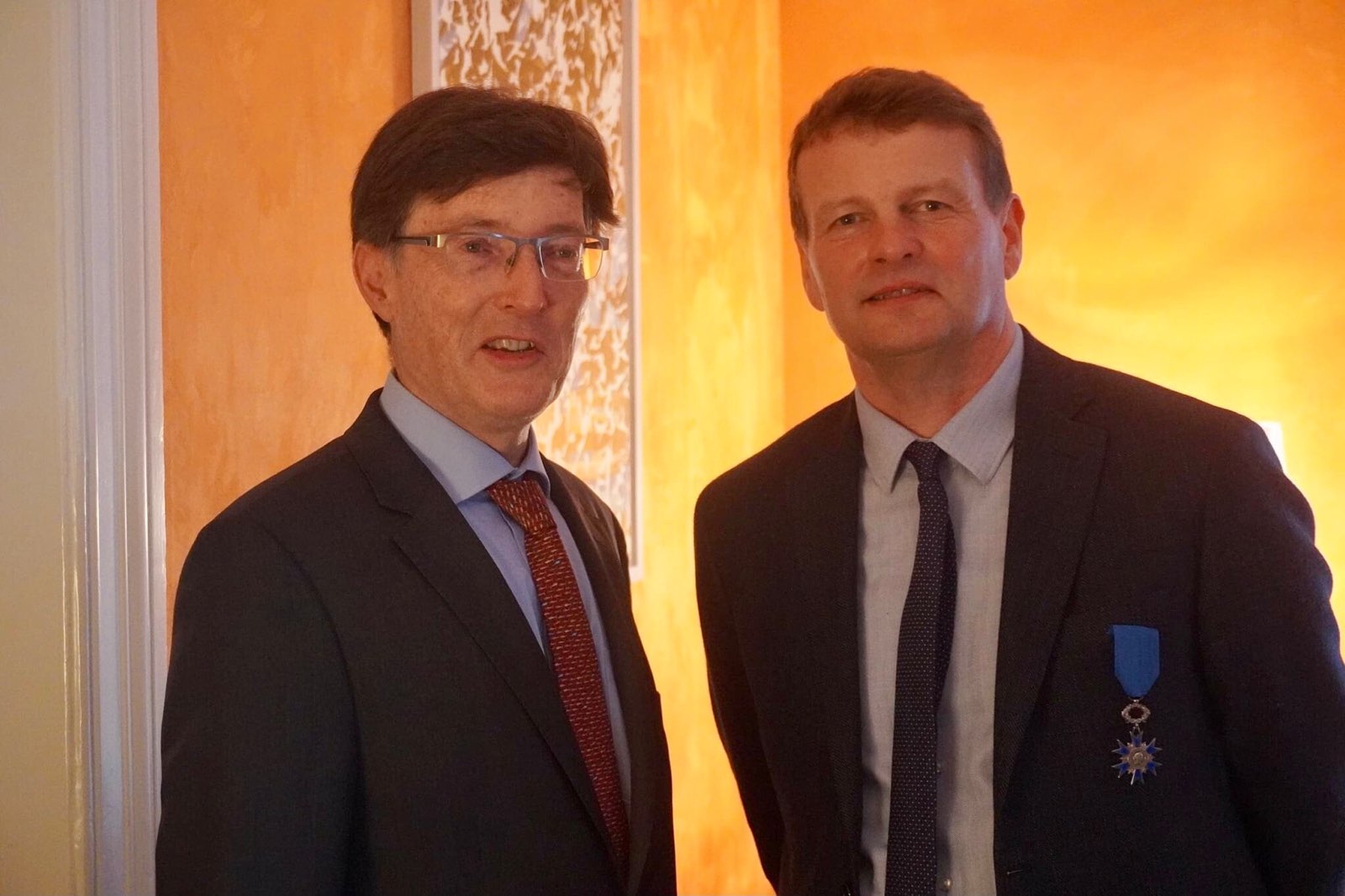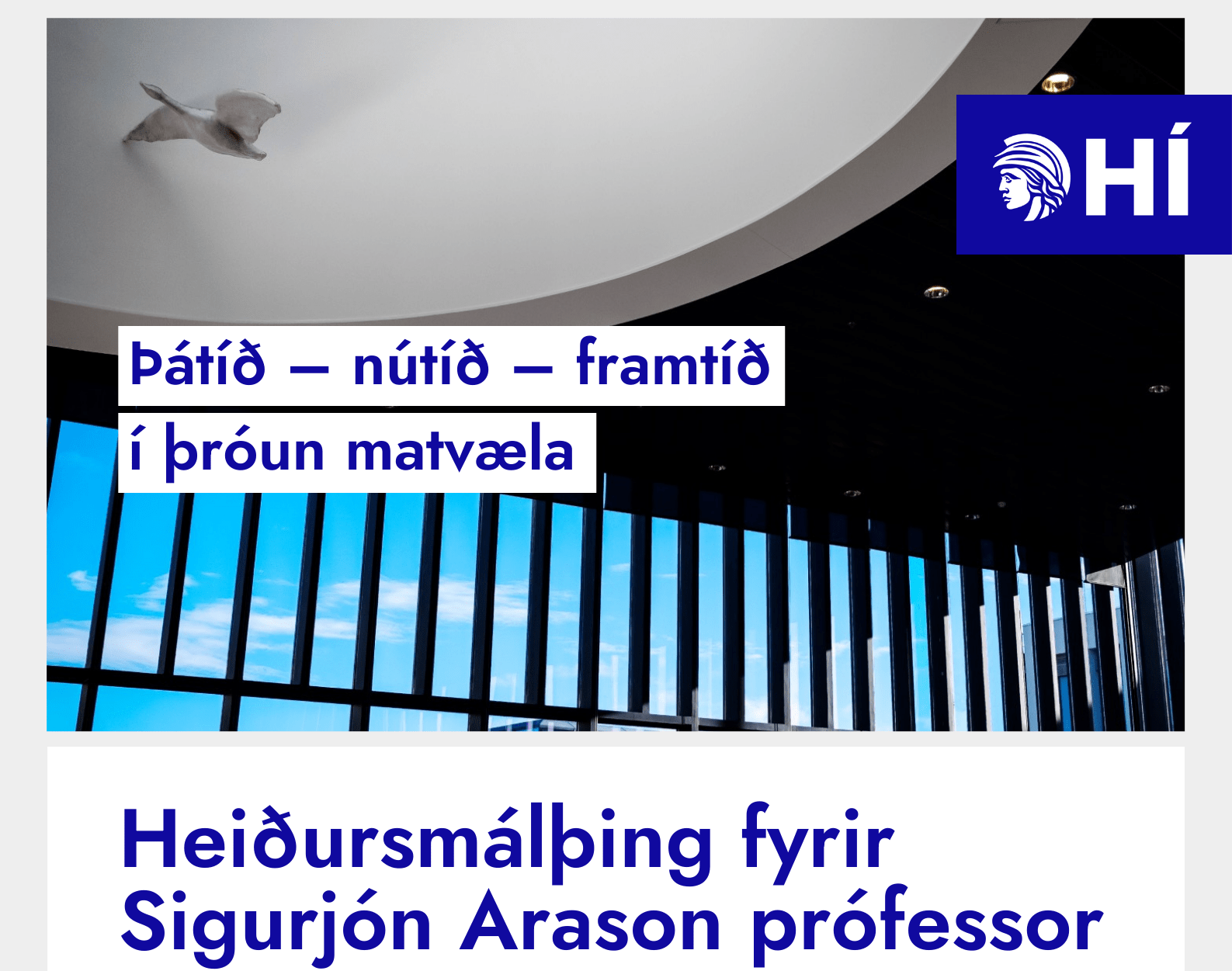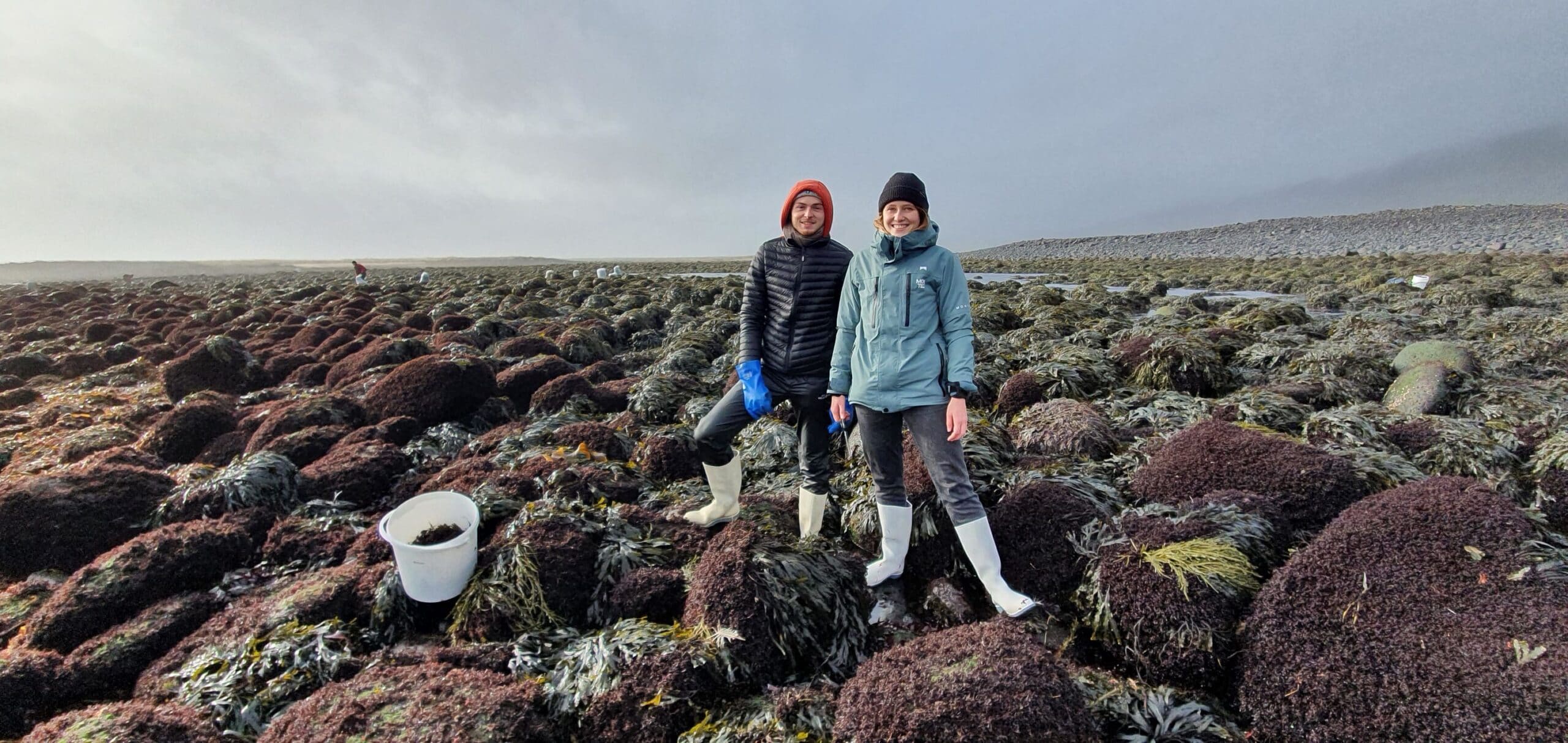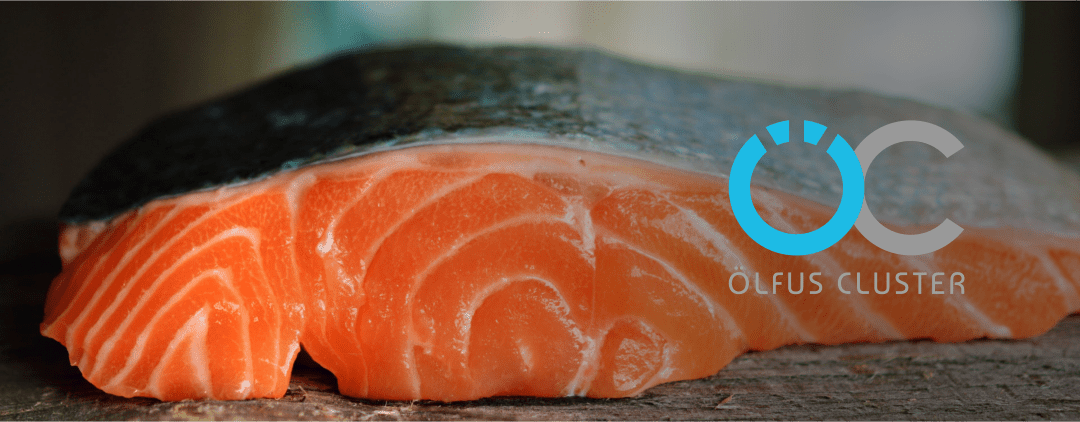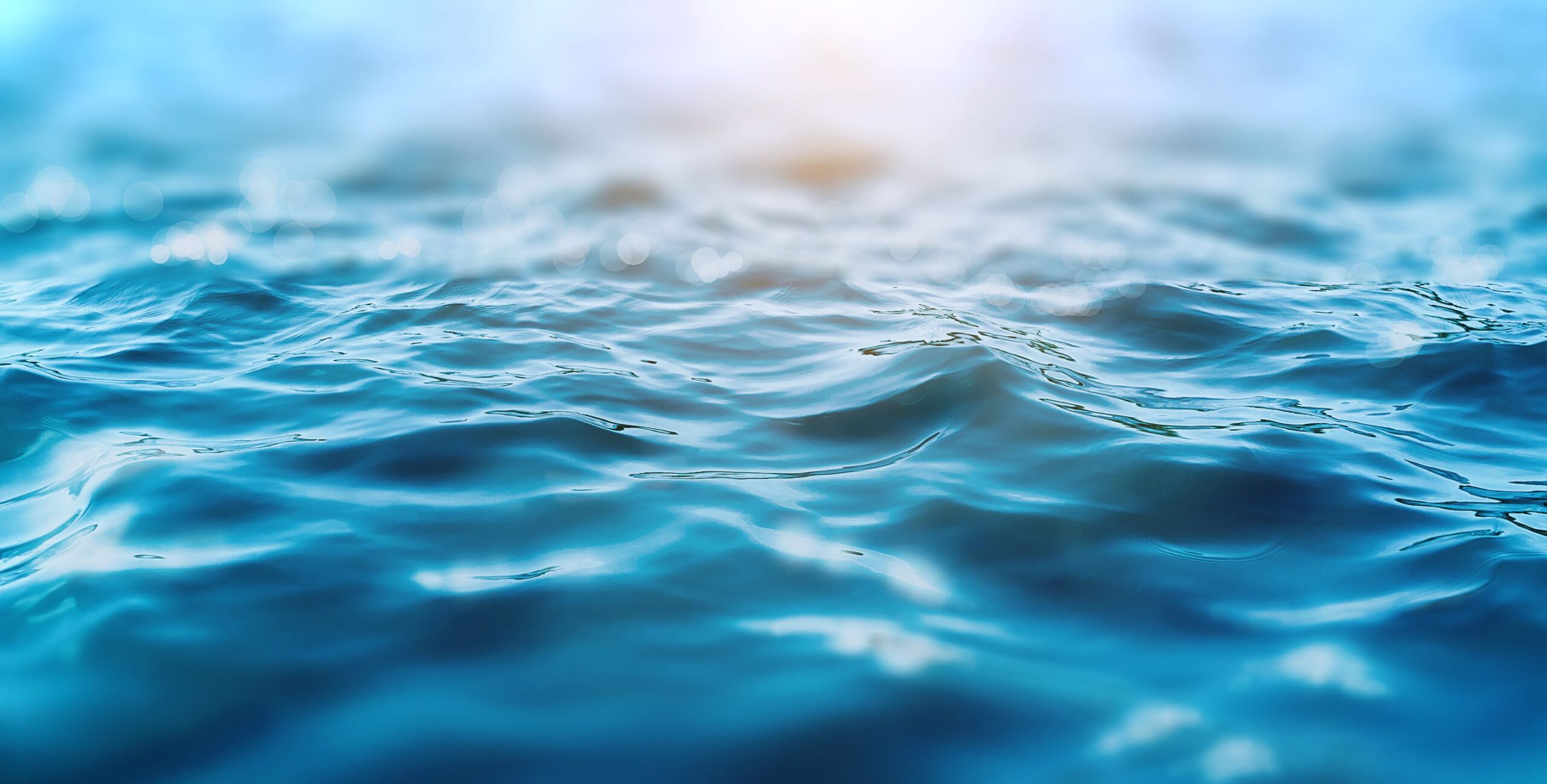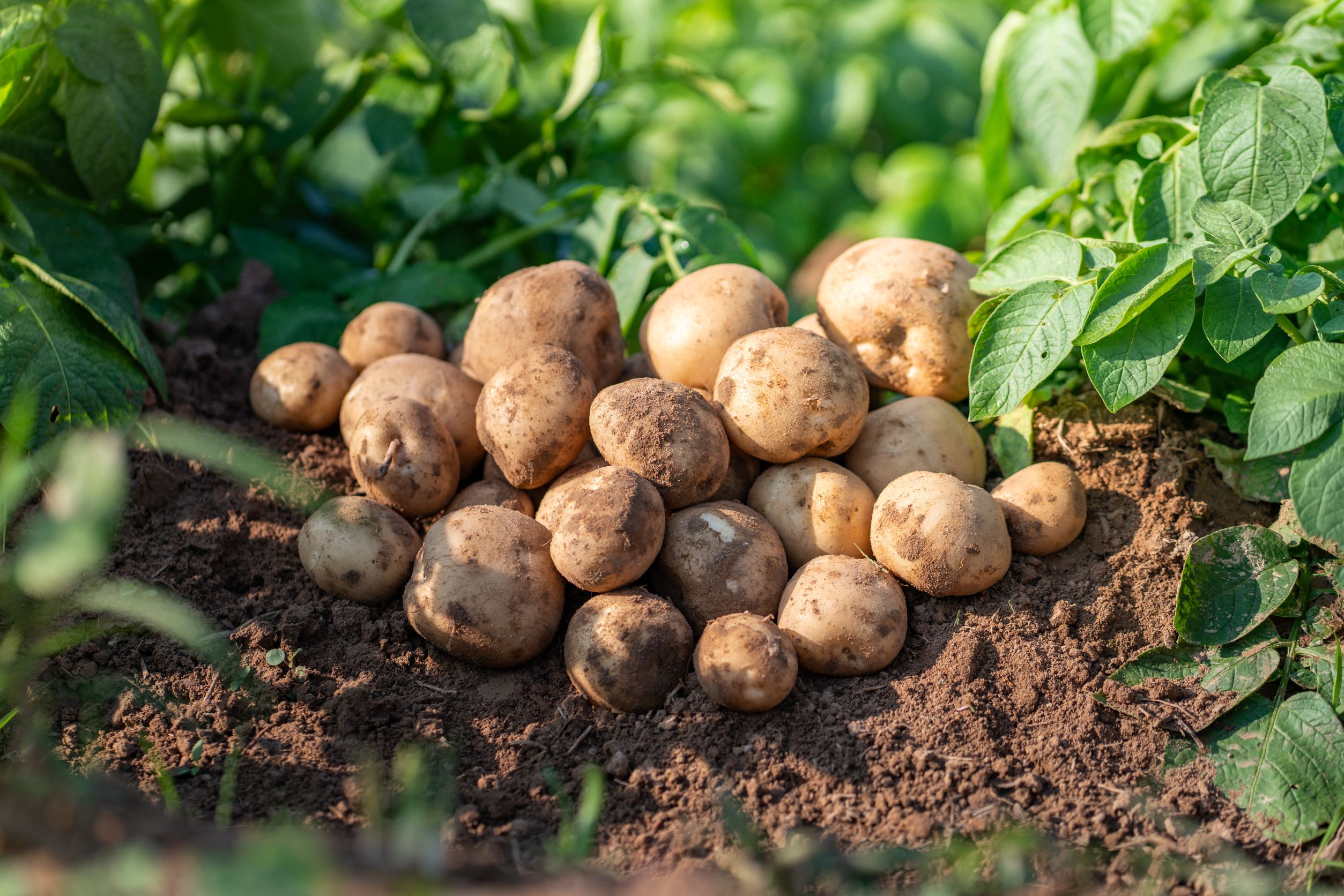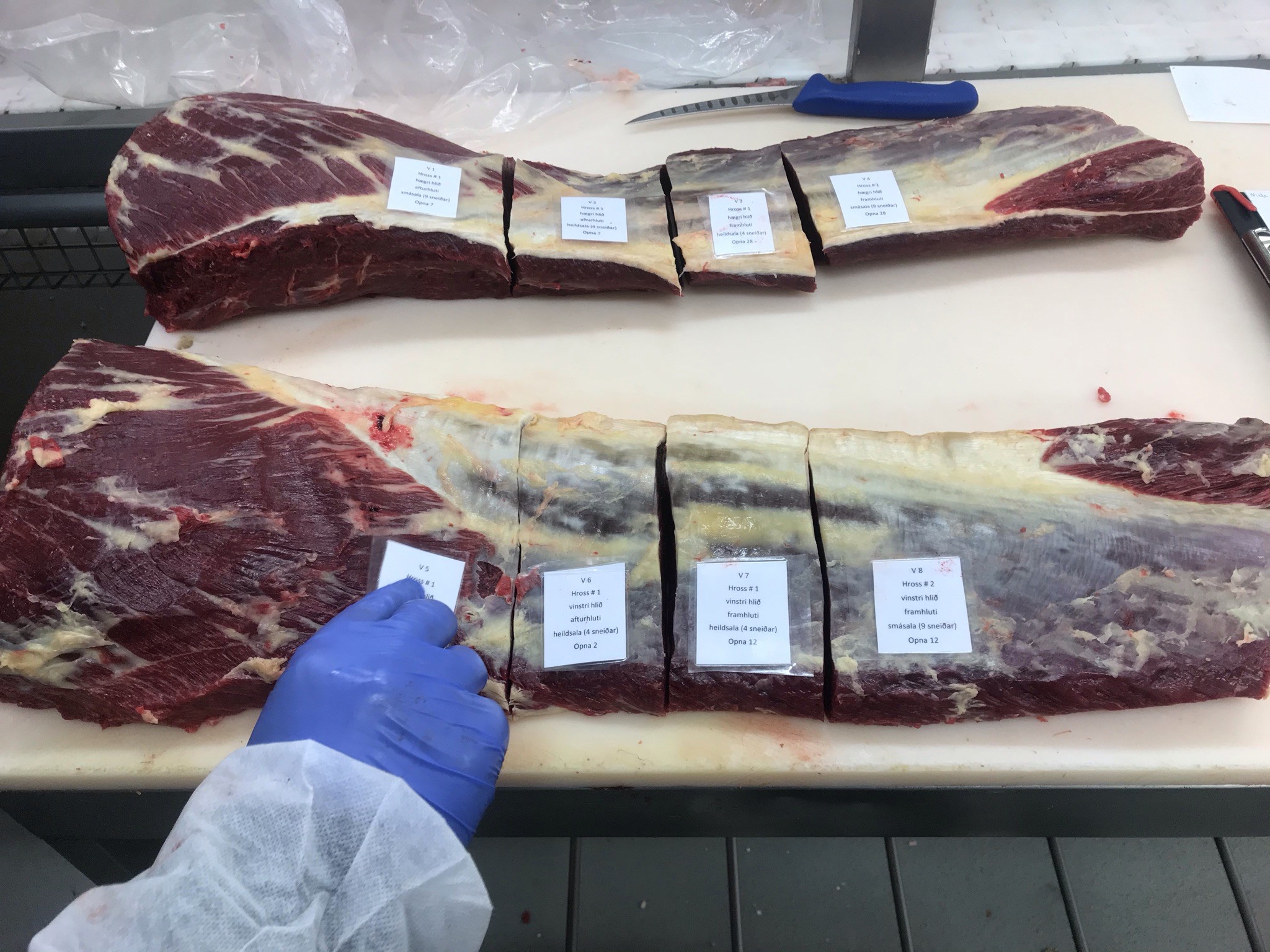Viggó Þór Marteinsson honored by the French Embassy
Vísindamaðurinn Viggó Þór Marteinsson hlaut orðuna Ordre national du mérite. Viggó lærði líffræði við Háskóla Íslands og lauk þar BS-prófi. […]
Viggó Þór Marteinsson honored by the French Embassy Nánar »
